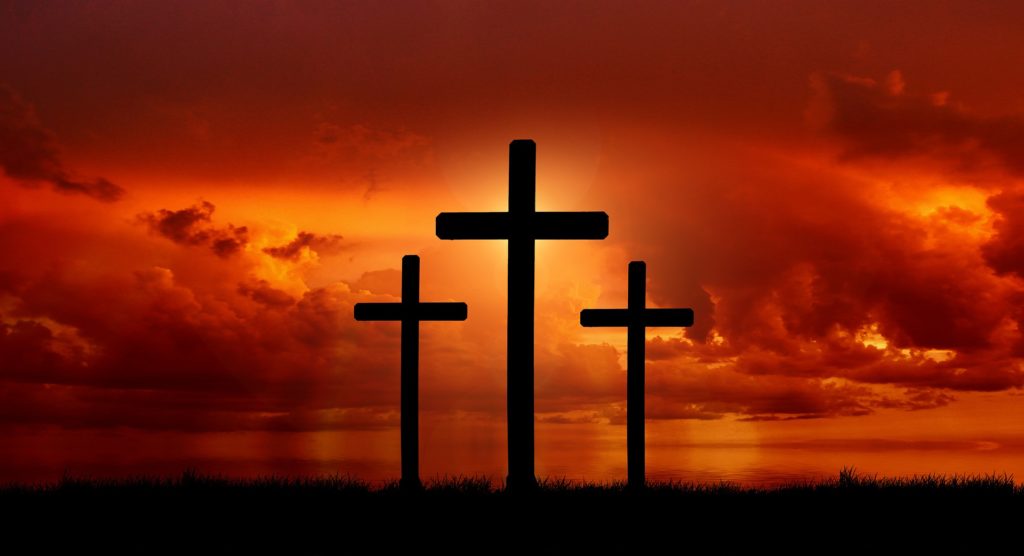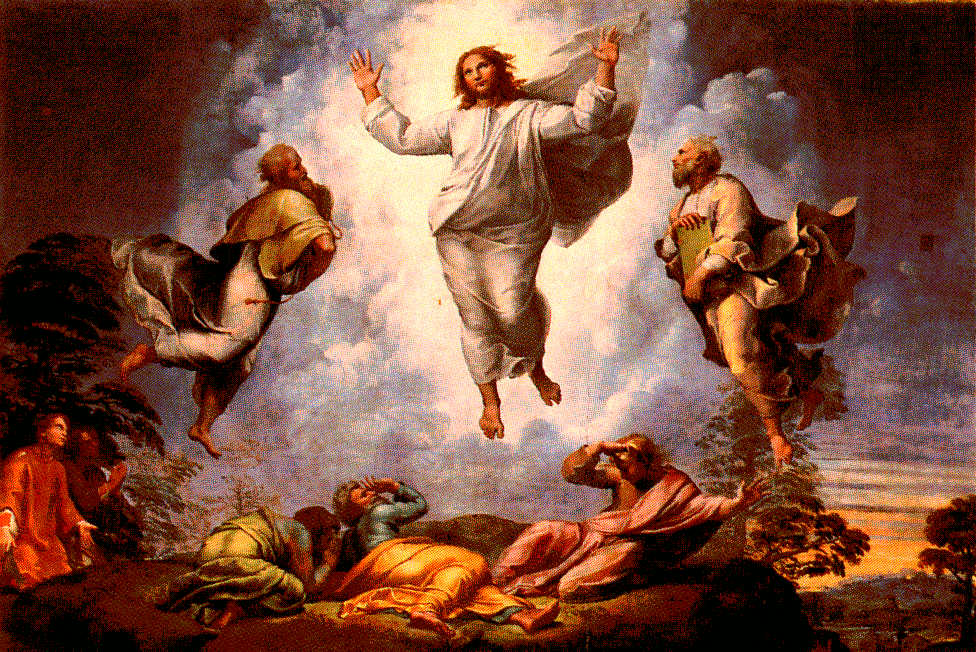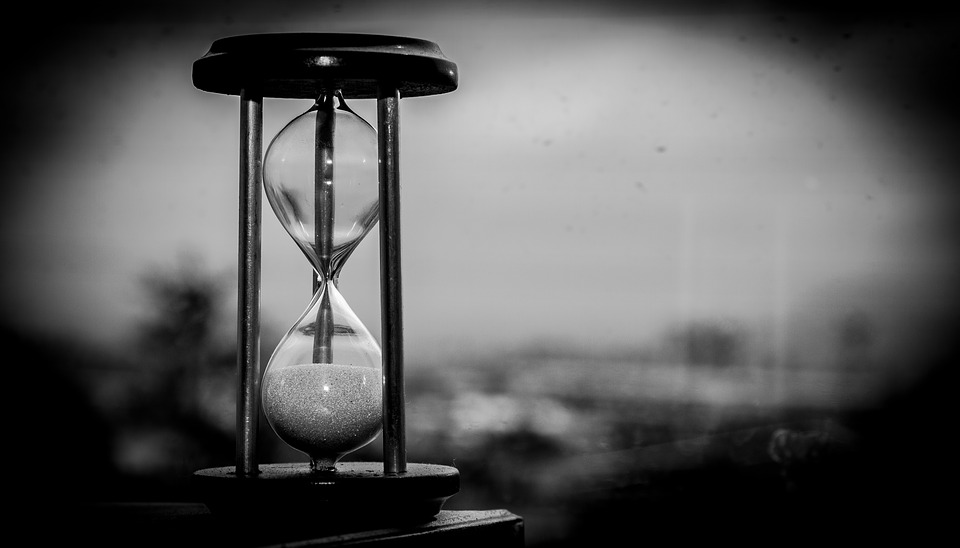The Nones Don’t Get It and It’s Our Fault
I read an article from the LA Times titled How millennials replaced religion with astrology and crystals. And it made me angry, both with society and also how we, the Church, have failed to connect with a generation of young adults yearning for authentic spirituality. The article discusses how the under-40 crowd has replaced traditional […]
The Nones Don’t Get It and It’s Our Fault Read More »










